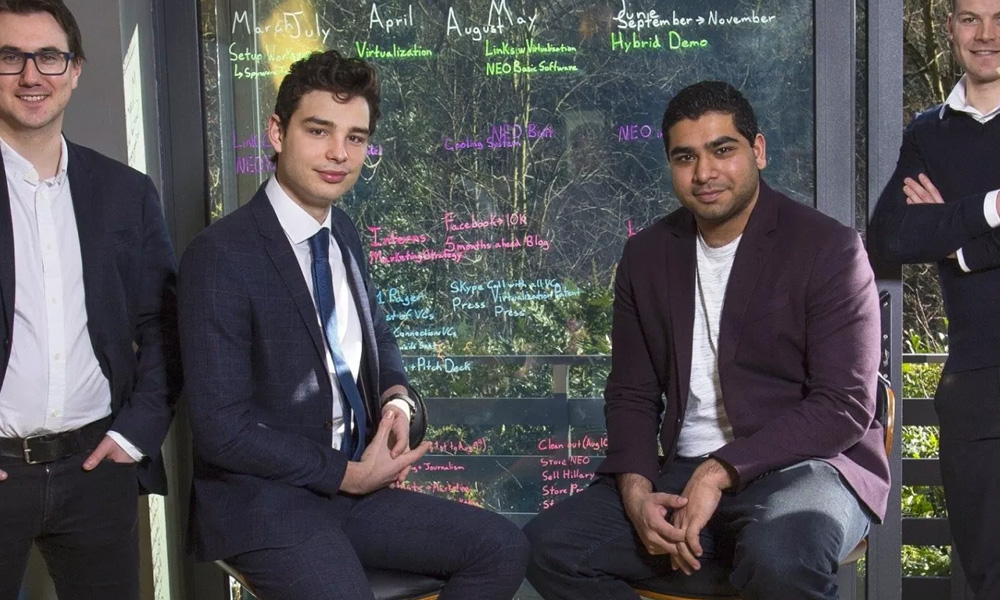Kromek $1.8m funding from US Defense Threat Reduction Agency
The Sedgefield tech firm manufactures devices that can detect nuclear radiation. Radiation detection company Kromek has been awarded $1.8m of funding from a US defence agency to develop new technology.
The North East firm has been awarded the contract by the US Defense Threat Reduction Agency (DTRA), which is part of the US Department of Defense.
Under the two-year deal, Kromek will be tasked with developing a next-generation Radionuclide Identification Device – which can detect nuclear material – to meet military challenges.
Dr Arnab Basu, CEO of Kromek, said: “We are seeing considerable traction for our D3S radiation detectors as they continue to prove their efficacy in the security markets globally.
“This project with the DTRA highlights the versatility of our technology platform as we develop a ruggedised device capable of identifying radioactive threats in a military environment. Our long-term relationship with multiple agencies of the US Department of Defense is the result of a shared commitment to develop next-generation technology and we look forward to continuing this work with the DTRA.”
Kromek’s technology is increasingly being used by defence agencies around the world, and its detection devices have been used on a number of occasions to protect world leaders on visits to other countries.
In August the Sedgefield firm, a spin-out from Durham University , won two contracts worth a total of $1m from the medical industry. The first contract was worth around $340,000 (around £266,000) to provide cadmium zinc telluride (CZT) detectors to an existing customer in the bone mineral densitometry market.
The technology uses X-rays to measure how much calcium and minerals are in patients’ bones and can be used to find out if a person has osteoporosis.
At the same time Kromek was awarded a $700,000 (£549,000) contract to supply its CZT detectors to a new customer.
Kromek’s most recent accounts, which were released in June, showed the firm had boosted revenues by 40% and was close to fully commercialising its research-heavy activities. The firm was also named among the top five innovative firms in the UK after being ranked near the top of the IP100 list, which manages companies on their IP assets and value.


